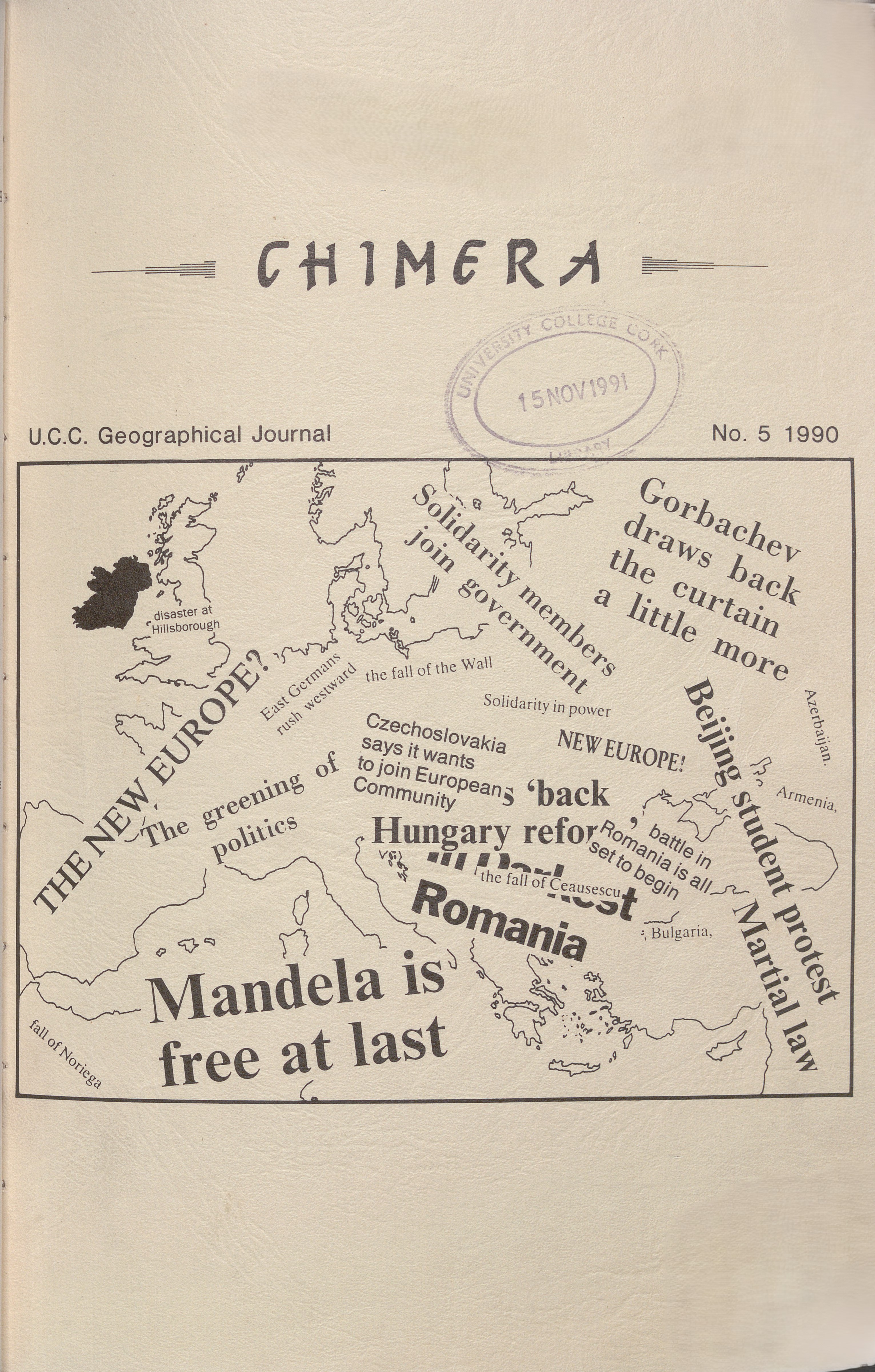Merchant Capitialism and the Emergence of Europe
DOI:
https://doi.org/10.33178/Keywords:
europe, politics, social class, economyAbstract
By the end of the fifteenth century, Europe had become increasingly powerful and influential in social, economic and political terms. From being a backward, agrarian continent, Europe became a modern centre of power and influence, whose civilisation began to exert enormous influence on the development of the United States, Canada, Latin America, Australia and New Zealand. The origins of this new-found power can be traced back to the decline of Feudalism and the rise of Merchant Capitalism.
References
Aston, M. The Fifteenth Century: The Prospect of Europe, Thames and Hudson, London, 1968.
Braudel, F. The Mediterranean and the Mediterranean World in the Age of Philip II, Collins, London, 1973.
Clark, G. Early Modern Europe, Oxford University Press, Oxford, 1966.
Hale, J.R. Renaissance Europe, Fontana, London, 1971.
Hayes. History of Western Civilisation, MacMillan, London, 1967.
Hilton, R. Class Conflict and the Crises of Feudalism, Hambledon Press, London, 1985.
Jones, L. L. The European Miracle, Cambridge University Press, Cambridge, 1981.
Knox and Agnew. The Geography of the World Economy, Edward Arnold, 1989.



